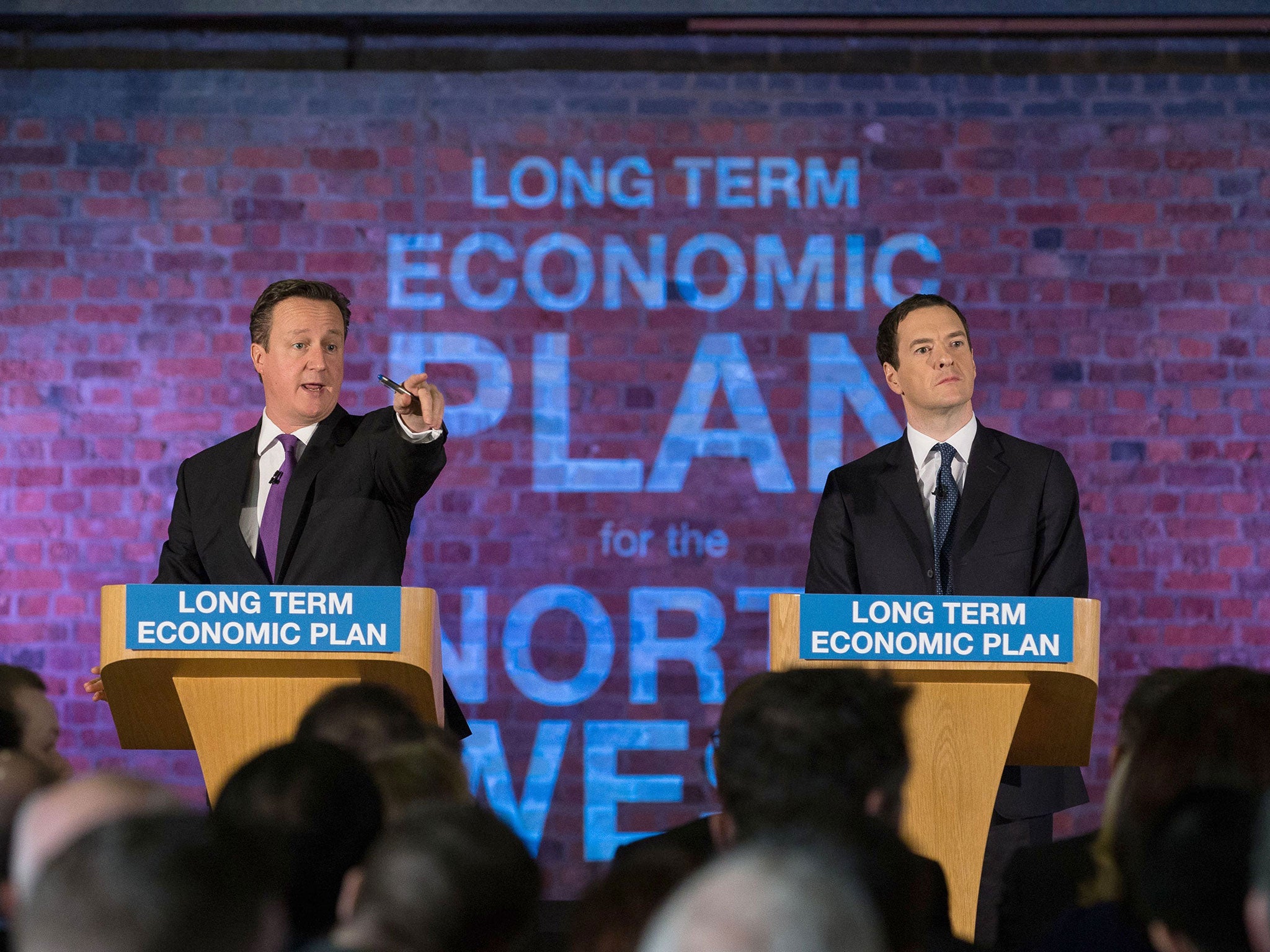How to dismantle the welfare state in five easy steps – and ways to spot the Government doing it
From making good use of a serious political crisis to copying the tactics of Donald Trump, these are the tactics the government is using to take apart the welfare state without you noticing

What shall we write on the gravestone of this passing era of social democracy? ‘Here was a society in which housing was a social good. Here was a society in which healthcare was the fundamental right of every citizen. Here was a society in which being unemployed did not mean having to be destitute.’ We call these things social housing, the NHS and benefits.
I grew up in the 1980s, at the fag end of this beautiful ideal. But I was still able to use libraries – a building housing the knowledge of humanity available to everyone, and a beautiful idea. Here was a society which wanted to nurture its citizens. Now the concept of a library is going the way of the penny farthing. Hundreds have closed since 2010. It is nothing less than the destruction of the municipal, of a civic ethos of disinterested public service.
We have a government which wants to close children's centres, dismantle the NHS and destroy the welfare state. In other words, much that is great about post-war British social democracy.
Can we really have sunk so far that we are prepared to abandon all this without a fight? I don’t think so. So here are the five tactics the government are using. Now you can spot them, and challenge them where you find it.
1. Never let a serious crisis go to waste
Neoliberalism, the orthodoxy of unregulated free markets, often relies on the use of a shock to implement otherwise unpalatable policies.
The flawed austerity agenda has turned a private sector banking crisis into a public spending crisis. The banks, bailed out by the taxpayer, have since made record profits and dished out eye-watering bonuses. Meanwhile, the rest of society has been forced to pick up the tab in the form of the largest post-war public spending cuts.
2. Launch a scapegoating campaign
This is straight out of the Donald Trump playbook, the classic recipe of the elite when confronted with capitalism in crisis: find a scapegoat.
The average Briton thinks that 27 per cent of the welfare budget is lost to benefit fraud. The real figure is just 0.7 per cent, according to government statistics. Though various studies show that migrants pay in more to the welfare states than they take out in benefits – that’s not the message that we’re hearing through the popular press.
As a result, we are now seeing the rise of the far right and a resurgence of nationalism in the US and across Europe. History tells us that this does not tend to end well.
3. Don’t talk about government subsidies and corporate welfare
The majority of welfare recipients (excluding pensioners) are actually in work. Conservatives politicians bang on about making work pay, but the shocking reality is that more people below the poverty line are in work than unemployed or unable to work.
Unemployment benefits account for less than 3 per cent of the benefits bill, and large chunks of what is spent elsewhere – on tax credits or housing benefit, for example – effectively subsidise employers and private landlords.
Add to this corporate welfare in the form of various tax breaks and reliefs, subsidies and grants, and it becomes clear that the richest also rely on a massive helping hand from the state.
4. Tell the people that we can’t afford welfare
It is worth remembering that the welfare state and the NHS were created after world war two, when Britain had much greater debts on its books.
At present, the UK is the fifth wealthiest country in the world. Chancellor George Osborne famously said that “we're all in this together”, yet there is plenty of public money for the banks – up to $1.2trn, according to calculations by the New Economics Foundation.
In other words, austerity is not actually a necessity. It is driven by the doctrine that every sector of industry and society should be opened up to market forces, for profit.
5. Avoid common sense
If you really wanted to bring down the benefits bill then, you might want to legislate for a genuine living wage (not the lower rate the Government has introduced) in order to reduce tax credits. You might also want to build more social housing to reduce housing benefit payments. But this flies in the face of neoliberal ideology, under which state or public provision should be limited.
Youssef El-Gingihy is a doctor and the author of How to Dismantle the NHS in 10 Easy Steps, published by Zero Books



Join our commenting forum
Join thought-provoking conversations, follow other Independent readers and see their replies